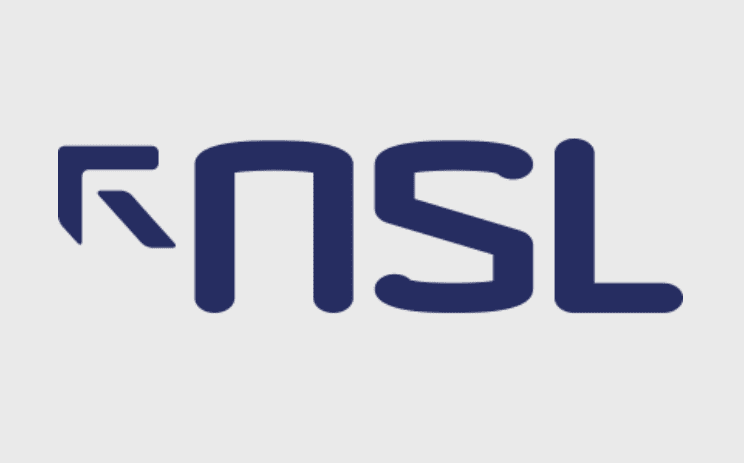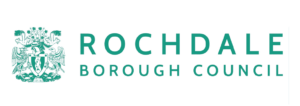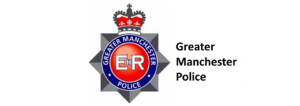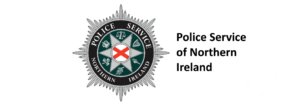According to Keep Britain Tidy (KBT), littering and dog fouling are a symptom of a wider social decay and we must encourage people to value resources, respect others and cherish places.
The quality, management and accessibility of our streets, parks, beaches and other public spaces is critical to the vibrancy, health, happiness and resilience of communities. Their vision is that by 2030 society will have all but eliminated littering and litter.
Councils can help to achieve this goal using several strategies; allocate more resources to clean up litter or educate and enforce to try and stop people littering in the first place. According to KBT the direct cost of keeping England’s streets clean and tidy is almost £1billion a year. A significant part of this is attributable to removing litter. Throwing more money at cleaning up litter is not addressing the cause of the problem.
To change people’s behaviour towards littering, education and enforcement is required. KBT spend
millions of pounds on educating the public but there are still many litter louts out there; some believing it is their ‘human right’ to drop rubbish. To tackle this problem, UK councils need to crack down on littering by taking a ‘no tolerance’ approach, which means issuing more Fixed Penalty Notices (FPNs).
Most councils still use paper tickets to issue FPNs which is inefficient due to the work required to re-enter the information in the back office. Smartphones that issue and print an FPN on the street are far more efficient because the offender’s data only needs to be recorded once, which frees up more time for officers to be patrolling the streets.
So, councils need to issue more FPNs to deter people from littering. To that end, some UK councils have partnered with NSL to tackle the enforcement of environmental offences. Software technology company, StarTraq, has provided the smartphone app and back office software platform to allow NSL’s dedicated Environmental Enforcement officers to electronically issue FPNs to anyone committing an environmental offence.
Philip Pughe, who heads up NSL’s Neighbourhood solution, said “The councils that we work for are able to issue many more environmental FPNs than before and there are added benefits of having additional officers on the street. Not only can they report other problems, like broken street lamps and pot holes, but their presence acts as a kind of ‘soft enforcement’ which discourages other forms of anti-social behaviour.”
NSL have been providing frontline services to the public sector for many years. For this new
environmental enforcement initiative, they are using the Traqer enforcement app from StarTraq. Traqer has been designed using the latest mobile technology to allow officers to capture, upload and print a ticket from any location. By using a smartphone app for enforcement, NSL has been able reduce errors, negate the need for rekeying of information in the back office and enable offenders to pay their fine instantly.
To read this Case Study in full, please view NSL Case Study






